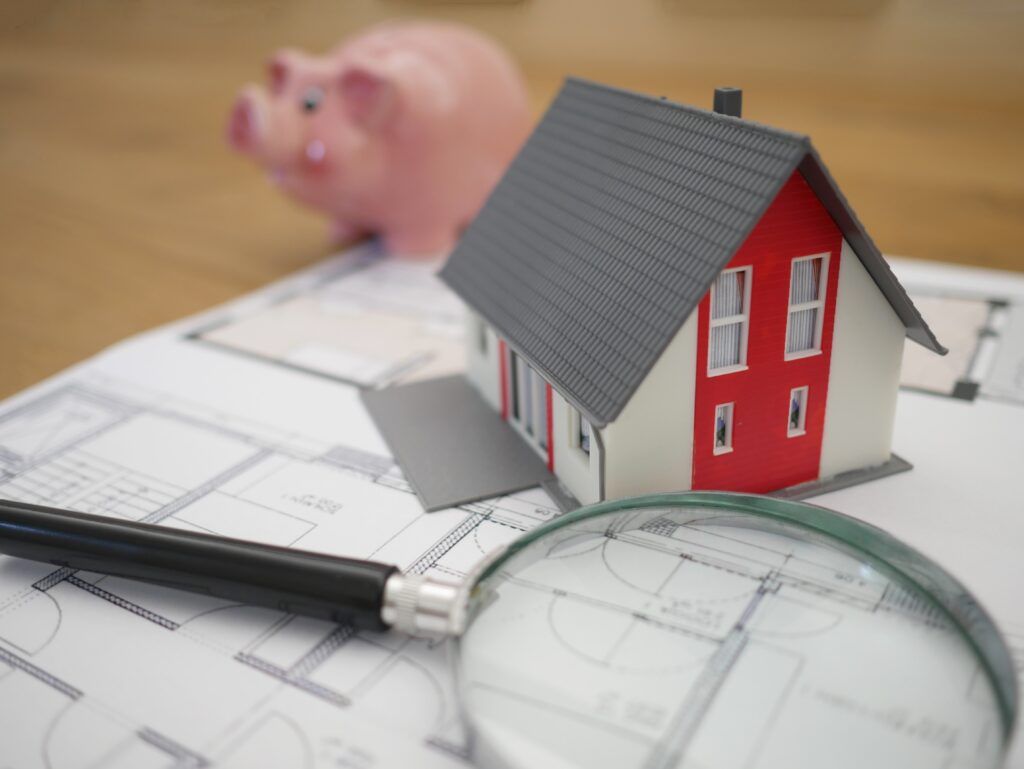Commercial Vs. Residential Real Estate: What Are the Big Differences?
I was recently talking to a friend who said this about commercial real estate:
“It’s not that different from residential. It’s just more numbers and zeroes.”
For the most part, I agree. Both commercial and residential are similar when it comes to the fundamentals. Both involve careful cost-benefit benefit analyses. Both involve tenants, taxes and leveraging debt.
There are some big differences, though, as well.
Just like with most things out there, both have their pros and cons. (I love and invest in both residential and commercial, for the record).
Here’s a quick preview of some of the key differences:
Lease structure
Valuation (price and ROI)
Transaction process
Sophistication/level of education required
Before diving into the differences, though, some quick semantics first:
“Residential” properties are recognizable to almost all of us in the forms of houses and other buildings people dwell in.
“Commercial”, on the other hand, takes a wide variety of forms — anywhere from business offices to restaurants to shopping complexes to storage units.
On a technical level, a residential building (like an apartment complex) can be considered a “commercial” property from the perspective of a lender when it comes to certain finer points.
But to keep things simple, in this article when I use the word “commercial” I’ll be referring to properties with business operations.
#1 Lease Structure
When you are renting out a house or apartment unit to a tenant, the lease tends to be year-to-year; maybe a little longer, maybe a little shorter.
Commercial real estate, on the other hand, usually involves longer leases — upwards of ten or even fifteen tears. The upside of this is pretty obvious. It’s great to have a tenant who most likely won’t be going anywhere anytime soon.
The downside is, when you eventually do lose a tenant, the space can be harder to fill. Side note: for this reason, if you invest in commercial real estate it is especially important to have a strong network.
In residential real estate leases, the owner is generally responsible for maintenance and care of the building. When it comes to commercial real estate, this typically isn’t the case — instead, the business owner is responsible for maintenance in addition to paying rent.
This is certainly a positive aspect of commercial real estate for investors who can afford it. Something to keep in mind, though, is that the process of structuring the lease may be more complex and even require the help of an attorney.
#2 Valuation
This is one of the most important differences between residential and commercial real estate.
With residential real estate, you are comparing properties to each other to get a feel for what a “good deal” is. When you buy a property, you’re often hoping to increase its value within a short time frame (anywhere from weeks to a few years).
On the other hand, commercial real estate values tend to be more stable and fluctuate less. When you buy a commercial property, you aren’t focused on “profit” so much as you are “return on investment.” Each commercial property has a different value based on its individual qualities, with a certain % of return you can expect if you decide to purchase it.
In other words, it’s a more stable and fixed investment. You’re not likely to suddenly see an increase in your property’s value but you’re also not likely to see a sudden drop.
#3 Transaction
When you’re buying a residential property like a single family home, there’s a good chance that at some point you will be dealing with either an end-use buyer or seller. These people see the transaction as more than just money changing hands — it’s an emotional process for them involving a home, with values that aren’t always as tangible.
With commercial real estate the mood of the transaction process is different — generally speaking, it’s “all business.” Humans are emotional, of course, so that doesn’t mean that commercial real estate transactions are robotic and flawless, but there definitely is a different dynamic at play.
#4 Education
By now it’s pretty clear that commercial real estate is more complex than residential. There is more paperwork involved and there is more jargon involved.
If you already have experience buying or selling residential real estate — even if it’s just your own home — that’s great. That’s a good start to your education. In order to have a good handle on investing in commercial real estate you will need to further your education. A great way to do this is to find a mentor: someone who has successfully invested in commercial real estate and is willing to spend a little of their time with you explaining what they know and answering questions.
In summary:
- Commercial real estate is often more “stable” than residential, but it also requires more education to understand and maneuver
- The lease structures for the two are very different. Residential leases are shorter, which means more turnover but vacancies are easier to fill. Commercial leases are generally longer-term and more stable, but vacancies can take a while to fill
- Commercial real estate is focused on ROI. You generally know what % of a return you can expect; it’s less risky
- The transaction process with commercial real estate tends to be less emotional but more complex than with residential
- Commercial real estate has a higher “barrier to entry” than residential, due to generally being more costly as well as more specialized and complex
To this I will add:
Most people, for obvious reasons, start out in residential real estate and work their way “up” to commercial real estate. The buying and selling process for a single-family home is more familiar (and usually more affordable) to most of us than the process of buying and selling a business complex. It makes sense to start smaller and to start with what you know.
Some people choose to only focus on one or the other. I love and invest in both, and there’s no reason you can’t too. In fact, investing in both is a great balance. The key with commercial real estate is furthering your education to get your foot in the door.




